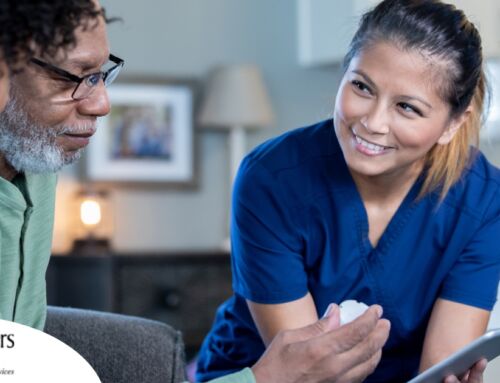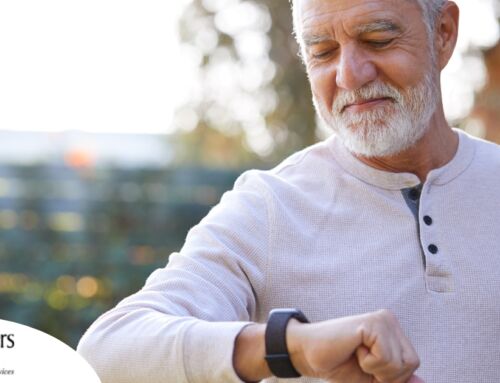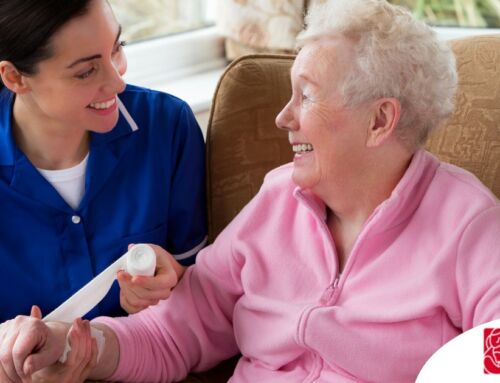Covid-19. No matter where in the world you are, you’ve heard about it and likely have an opinion on it. There have been discussions on how to be safe, masks or no masks, who should do your grocery shopping, where you should and shouldn’t go…and so much more. To be honest, everyone is understandably a little burnt out with the whole thing.
Pandemic fatigue is a term that we often hear referring to healthcare professionals, but did you know it can apply to us ‘normal folks’ as well? When the pandemic first started, there was fear and we built coping strategies in order to manage what we originally thought was a (albeit acute and dangerous) passing thing. According to Banner Health, “Pandemic fatigue is a very real feeling of exhaustion as a result of COVID-19’s impact on our lives…”.
Now that we’re entering our second full year of living with Covid and are now managing our pandemic fatigue in addition to the virus (and the new variants) itself, one of the biggest risks is that we may be so tired of the whole situation that we don’t work so diligently to protect ourselves. Do we still need to take precautions? And how do we manage what looks to be our “new normal”?
Do seniors still need to be concerned about Covid-19?
The short answer is yes. Many of us have lost friends or loved ones from the virus and just because it’s been going on for a while doesn’t mean that it isn’t a threat anymore. On top of Covid-19, seniors need to understand that winter is also cold and influenza season.
Although the statistics indicate that the majority of American seniors are vaccinated, this doesn’t mean that we are fully safe. Even with flu vaccines, individuals may still get the flu, although it is usually to a lesser degree. Thousands of elderly are still becoming infected with Covid-19 every week. And seniors are at the highest risk for hospitalization and death than any other age group.
Whether we believe in masking or not, or believe in vaccines or not, there is no scientific evidence that protecting ourselves *more* with certain actions does any harm. It is always better to be safe than sorry.
What precautions should seniors take (or continue to take)?
Get vaccinated. Speak with your doctor about the vaccine and if you have any underlying issues that would prevent you from receiving an approved Covid-19 vaccination.
Get “boostered”. If you have received a full vaccination treatment, getting a booster may help to increase your immune system’s ability to fight off the virus. Vaccines wear off over time. This is the reason that we get flu vaccines every year, not just once.
Get your flu shot. There have been a number of cases where seniors are getting Covid-19 and the flu at the same time. This can happen especially during the winter when the flu is moving through communities at the same time as Covid; it’s called a “twindemic”. Dr. John Sinnott, chair of the University of South Florida Department of Internal Medicine and an infectious disease specialist at Tampa General Hospital says, “Last year, we had a few patients who had both the flu and COVID. It did not go well. They either died or had an extended hospital stay.”
Continue to wear masks. If you are indoors with anyone who is outside of your immediate family (i.e.~ grocery store, doctor’s office, movie theaters, etc.) wear a mask. This also includes masking up when visiting other family members in their homes.
Wash hands. Not enough can be said about this. Washing hands can help to prevent all kinds of infectious disease from spreading, not just Covid-19.
Other precautions. Many people are still using grocery delivery services, limiting travel and utilizing video calls instead of real-time visits. As seniors, the more we can continue to limit our exposure to risk, the healthier we are likely to stay.
Wrap Up
With seniors still being the highest risk group of severe outcomes due to Covid-19, we need to continue to be very careful. Even though we may be experiencing pandemic fatigue and feel as though we have adapted to our ‘new normal’, we need to stay vigilant and continue to protect ourselves and those we love. In the scope of our entire lives, this is a short moment of time and can make all the difference.
~ ~ ~
Do you have questions about how you can better support your loved one while they age in place in South Florida or regarding homecare in general? Please contact CareGivers of America here: Contact or call us toll free: 800-342-4197
To join our amazing mailing list where you’ll receive special content, click here.
*No information in this article is to be taken as advice, medical or otherwise. This post is not sponsored, but may contain external links to websites, articles or product examples. External links are used for example or refence purposes only and these links do not indicate specific product or website endorsement by CareGivers of America.







